 Resources for Students
Resources for Students LearnHigher - Resources for Students
Whether you’re new to university or you’ve been there a while, LearnHigher can help you to make the most of the experience. Our resources are freely available to all and cover the main areas that students seek advice on outside of their academic subject. Click on the questions to see more about how we can help you, or use the icons to go directly to a topic.
|
What do you need to know today? Can you help me to feel prepared for studying at university – and beyond? You will find something useful in all of the learning areas, but some areas may be especially helpful.
Time Management can help you to get organised and make the most of your time, and you can get ahead in your independent learning by reading the Information Literacy pages. Two areas that are especially important at university are Critical Thinking and Referencing. Finally, for work-based learning placements and thinking ahead to career aspirations, see Business and Commercial Awareness. We have much less contact teaching time here than at school. How can I make the most of things like lectures, seminars, tutorials, group work and practicals? Both
Listening and Interpersonal Skills and
Notemaking will help you to get the most from your lectures, seminars and tutorials.
Speaking and contributing to sessions is as important as listening effectively, so also see Oral Communication. If you want to make a success of your Group Work, our pages have lots of suggestions which can also be useful for practicals. The reading lists just seem to get longer! What advice do you have on doing research effectively?
Doing Research is a good place to start.
Information Literacy will help you with finding and evaluating information (especially if it’s online). Don’t forget about finding and using images – see Visual Practices for this. Notemaking and Reading will help you to use your materials effectively, as will Critical Thinking. Referencing will show you how to record the necessary details and put your research to use as evidence to support your discussion. I’m used to writing essays at college but they’re different here – and I also have reports, presentations and eventually a dissertation. How can I make sure my writing is right? For resources to help you develop your written communication generally, see
Academic Writing and
Report Writing.
Critical Thinking and Referencing will give you advice on more specific aspects. If you have a presentation to give, see Listening and Interpersonal Skills and Oral Communication – and don’t forget Visual Practices for finding and using images. Assessment and Time Management have resources to help you plan well and get the most out of your study time. There’s a lot more maths in my course than I was expecting and I haven’t done much with statistics before. What can I do to catch up? Lots of courses include a maths element.
Numeracy, Maths and Statistics has activities and guidance to help with this.
When it comes to putting your statistical data to use, Report Writing has guidance on presentation while Analyse This! is an accessible tutorial on data analysis. You’ll also find useful information on data analysis in Doing Research. I want to make sure I get the degree I deserve. What will help me with exams and other assessments? Preparing for written exams involves many aspects of study including
Information Literacy,
Academic Writing,
Reading,
Time Management,
Notemaking and
Critical Thinking. You may have oral or visual assessments, or be working in a group. See Oral Communication, Visual Practices and Group Work for help with these. Make sure you avoid any unintentional plagiarism by checking Assessment and Referencing. And finally, when you get your work back don’t forget to use the feedback from your tutors! Most of our Learning Areas will be useful for this. |
Browse the categories below to access study resources:
|






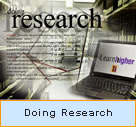

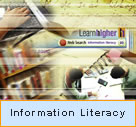
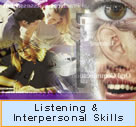
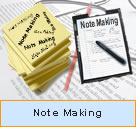
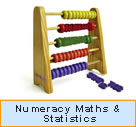
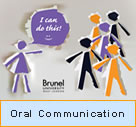

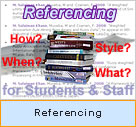
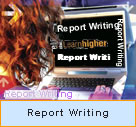

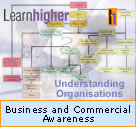
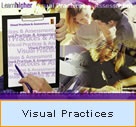
 Site Design Copyright © 2021 LearnHigher.
Site Design Copyright © 2021 LearnHigher.